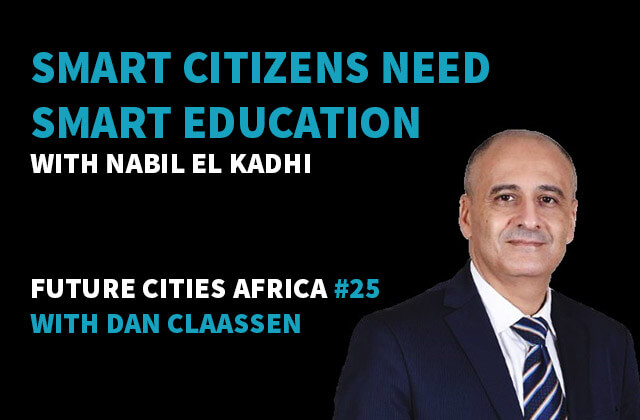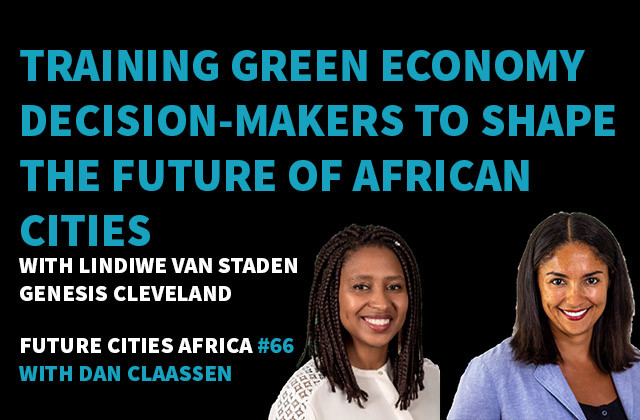Listen to Audio
Transforming Bellville: Social Development and Community Collaboration
Dive into the critical topic of social development in Bellville, explore the unique challenges facing this community and how initiatives like the MES Programme and VRCID are tackling issues like homelessness and poverty.
Stay Connected
Presented by The Greater Tygerberg Partnership
Episode Guests:
- Anelle Erasmus, Fundraising and Marketing Manager at MES (Mould, Empower and Serve)
- Michelle Lambrechts, Social Development Manager at VRCID (The Voortrekker Road Corridor Improvement District)
Episode Summary:
- 00:00:00 In this section the focus is on the Social Development challenges facing the Bellville community in South Africa. With over 60% of South Africans living in urban areas and this number projected to reach 71% by 2030, the influx of people into cities puts a strain on established systems providing housing, employment, education, health care, and psychological support. This results in approximately 14,000 homeless people living on the streets of Cape Town, leading to unsafe and unclean city spaces. Initiatives like the MES Program aim to create thriving urban communities with effective and efficient pathways out of poverty and homelessness. The MES Program believes in driving essential change to solve systemic poverty problems and homelessness. They work closely with the community, building relationships and gathering feedback through community engagement and collaboration. The Bellville Community plays an active role in contributing to programs like the MES Program and VRCID through the Joint Operation Committee (JOC). This committee, consisting of NGOs, neighbourhood watches, city officials, and church members, meets at least once a month to discuss issues and address specific concerns in the neighbourhood. Partnerships between government, NGOs, and local stakeholders are crucial for driving social change in Bellville and other Northern suburbs of Cape Town.
- 00:05:00 In this section we discuss the importance of partnerships and community collaboration in addressing social issues such as homelessness. They emphasise the need for open communication and understanding among different organisations, with each partner knowing the problem's cause and proposed solutions. The speakers also highlight the importance of educating the public on responsible giving and the importance of everyone's role in holistic upliftment. They mention joint operational committee meetings, where various sectors come together to discuss policies and mandates, and collaborate on filling each other's gaps and meeting the needs of their client systems. The MES program, which provides holistic support to individuals and families in need in Bellville, is mentioned as an example of a successful partnership approach. The program has a four-phase approach, starting with meeting individuals on the ground and connecting them to resources, followed by a change readiness phase with psychosocial work, counselling, and rehabilitation services.
- 00:10:00 In this section the speakers discuss the steps taken by their organizations to ensure the success of individuals transitioning from homelessness to self-sufficiency. The process includes a readiness phase where individuals learn work ethics, a work readiness phase with professional support, and a reintegration phase that includes alternative accommodation and community reintegration. The organisation also prioritises individualism and equality, ensuring each person's journey to reintegration is unique. They foster inclusivity by authoring the client's voice, collaborating with various sectors, and creating community awareness to address concerns while educating the community about the lived experiences of homeless individuals.
- 00:15:00 In this section the speakers discuss the importance of involving marginalised communities in social development initiatives and listening to their voices to effectively address their issues. They mention the ongoing talks on the green paper for homelessness in Cape Town, where homeless beneficiaries were included to ensure their perspectives were heard. The speakers also emphasise the need to evaluate the impact of Social Development programs to assess their effectiveness and guide future efforts. They share how the MES program, VRCID and other initiatives in Bellville measure progress through annual strategic meetings, questionnaires, and a four-phase approach that includes enter and exit criteria for beneficiaries. The speakers highlight the importance of partnerships and a universal language to address homelessness effectively and ensure all organisations are working towards the same goals. They also mention the importance of post-reunification assessments to determine the long-term effectiveness of their services.
- 00:20:00 In this section the speakers discuss the importance of open relationships and collaboration between organisations in addressing homelessness. These social development organisations partner with other organisations like The Greater Tygerberg Partnership to foster authentic relationships with homeless individuals. They ask for feedback and suggestions from their clients, such as the Sleep Readiness program, which accommodates more sleepers during extremely cold nights. The organisations conduct research every two years to evaluate needs and inform future planning. If given a magic wand, the speakers would change societal perception of homelessness as a professional problem requiring extensive resources and encourage responsible giving to support their programs. Their biggest wish is for adequate funding to expand housing options, substance use rehabilitation centres, and employment opportunities for clients. Overall, the collaboration and resources from partnerships are crucial for making a significant impact on homelessness.







